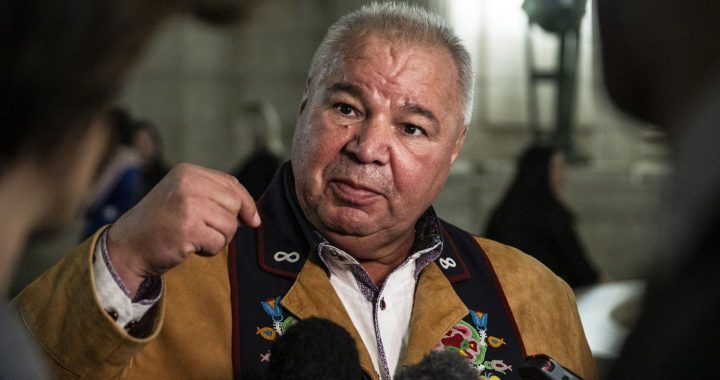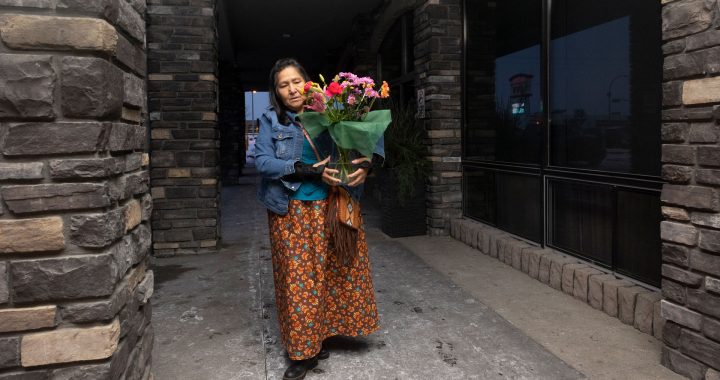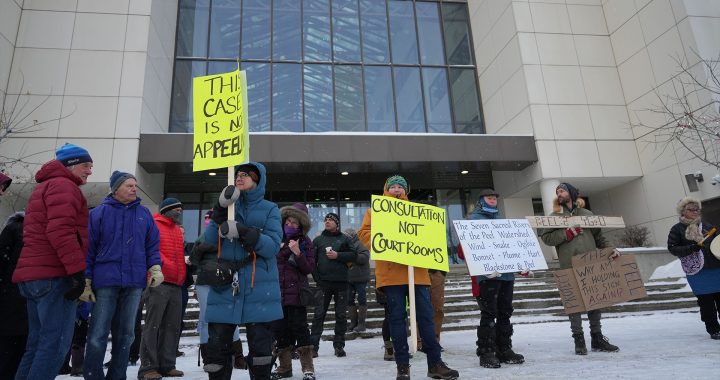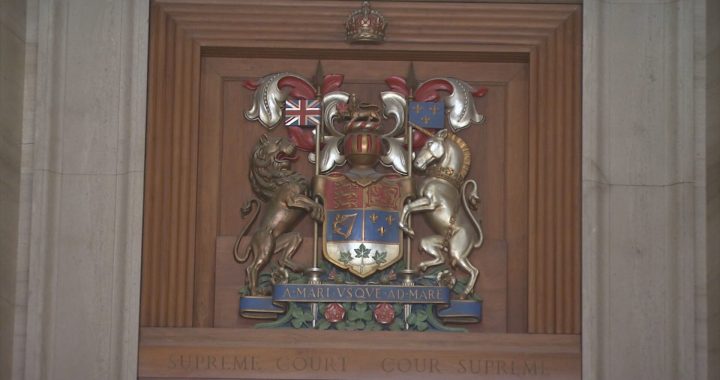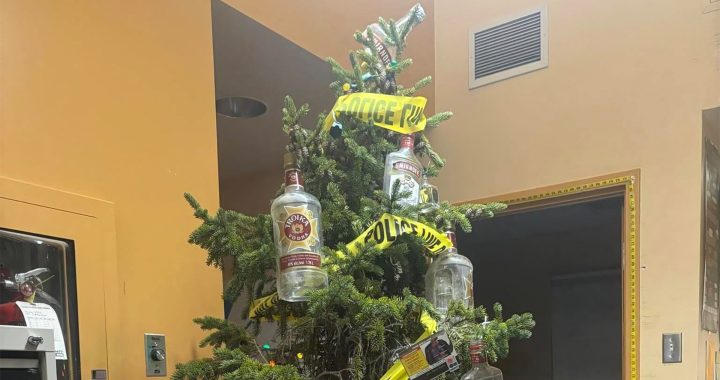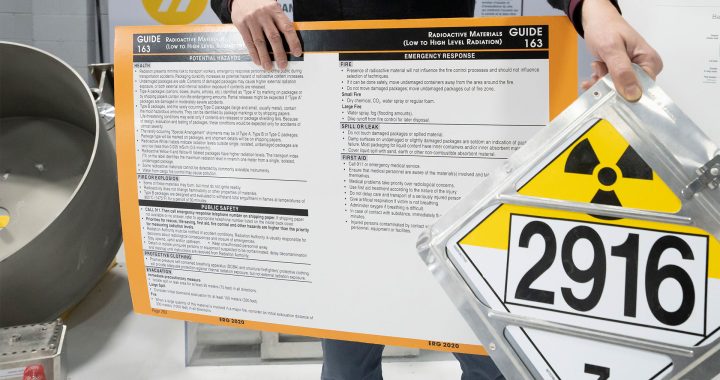Convicted serial killer Cody Legebokoff has been moved from a maximum security prison in B.C. to an unidentified medium security facility in Ontario.
It’s news that doesn’t sit well with missing and murdered Indigenous women and girls advocates and First Nation leaders.
“It’s absolutely shocking that they would reduce his security measures to medium security,” says Grand Chief Stewart Phillip of the Union of B.C. Indian Chiefs. “It certainly is a slap in the face to the missing and murdered Indigenous women and girls movement.”
In September 2014 Legebokoff, 24 at the time, was convicted on four counts of first-degree murder in the Prince George area deaths of three women and a teenage girl.
He was sentenced to life in prison with no chance of parole for 25 years.
Legebokoff’s first victim was 35-year-old Jill Stuchenko, who was last seen on Oct. 9, 2009.
He has also been convicted in the murders of 23-year-old Natasha Montgomery, who disappeared on Sept. 1, 2010, and 35-year-old Cynthia Maas, who was last seen just a few weeks later, on Sept. 19, 2010.
Legebokoff was arrested by police in November 2010, shortly after he disposed of the body of his fourth victim, 15-year-old Loren Leslie, on a logging road off the Highway of Tears.
“The families, I can’t imagine what they are going through,” says Bernie Williams, who has spent 33 years fighting for justice for missing and murdered women and girls. “That is deplorable that is disgusting.”
In a written statement Corrections Services Canada said that “all offenders are thoroughly evaluated and placed in facilities that can assure their security and meet their program needs. Rehabilitative efforts, leading to a gradual and controlled release, have proven to be a better way of protecting the public.”
To this day Legebokoff has not disclosed the location of Montgomery’s remains.




